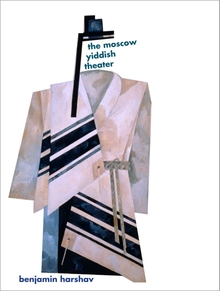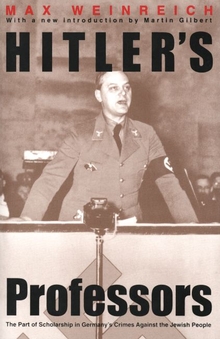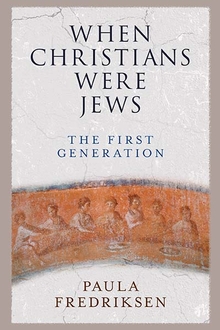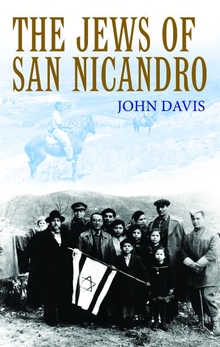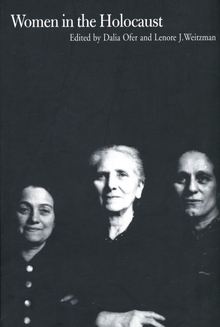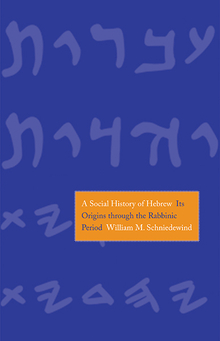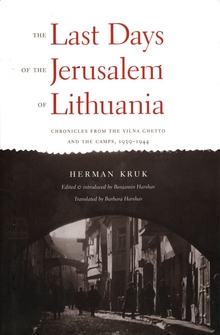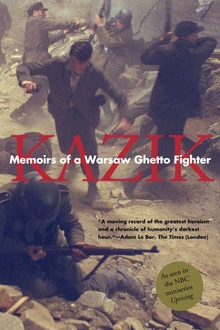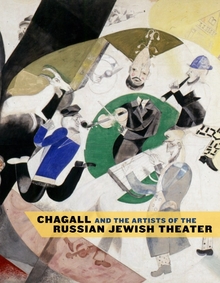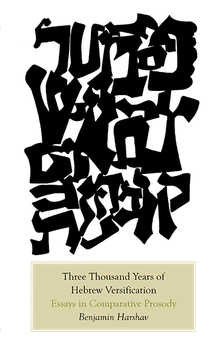The Moscow Yiddish Theater
WARNING
You are viewing an older version of the Yalebooks website. Please visit out new website with more updated information and a better user experience: https://www.yalebooks.com
Art on Stage in the Time of Revolution
Benjamin Harshav; Documents translated by Benjamin and Barbara Harshav
A vivid portrait of the Moscow Yiddish Theater and its innovations and contributions to the art of the theater in the modern age
The Moscow Yiddish Theater (later called GOSET) was born in 1919 and almost immediately became one of the most remarkable avant-garde theaters in Europe. It flourished in the 1920s but under Bolshevik pressure soon lost much of the originality that had distinguished it. In 1948 Stalin’s henchmen slaughtered GOSET’s legendary actor and director Solomon Mikhoels, and the theater was liquidated. This book focuses not on how the theater was persecuted but on its ambitious beginnings as a revolutionary organization of passionate artistic exploration. The book brings to English readers for the first time selected writings that reflect the aesthetics and politics of the Yiddish revolutionary theater. The book also incorporates miraculously salvaged images of Marc Chagall’s famous theater murals, as well as paintings of costumes and stage sets created by the best artists of the day. These illustrations, discovered only after the fall of the Soviet Union, have never been published before. With emphasis on the theater’s early achievements and its centrality in Moscow’s burgeoning theater world, the book makes a major contribution to the understanding of modern Jewish culture and the art of theater.
Benjamin Harshav is professor of comparative literature, J. & H. Blaustein Professor of Hebrew Language and Literature, and professor of Slavic languages and literatures, Yale University. He has published widely on Marc Chagall, Yiddish and Hebrew poetry, and literary theory, and in 2005 he was awarded the Emet Prize, the highest prize given in Israel for achievements in art, science, and culture. Barbara Harshav is a prolific translator from French, German, Hebrew, and Yiddish and teaches translation at Yale University. The Harshavs live in New Haven, CT.
“… it’s astonishing to read about the avant-garde work produced by the Moscow Yiddish Theatre during the 1920s … Colour plates showcase marvellously vivid and playful designs by Chagall and also Itshak Rabinovich … it’s worth searching out this book …” - Plays International Magazine
Publication Date: January 9, 2008
43 b/w + 39 color illus.

